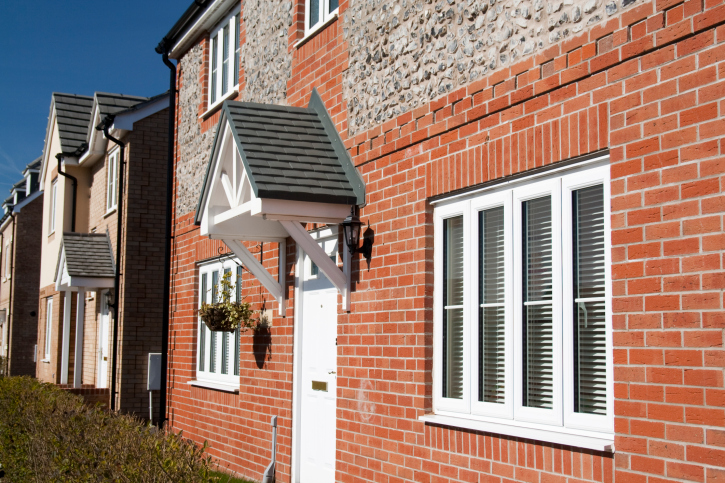A new government-commissioned analysis of the bedroom tax shows that more than half of affected tenants have fallen behind on rent, and almost 60 per cent are cutting down on household essentials to cover the shortfall.
 The bedroom tax, or under-occupancy charge, was introduced in April 2013 and directly affects around 523,000 households.
The bedroom tax, or under-occupancy charge, was introduced in April 2013 and directly affects around 523,000 households.
It reduces social tenants’ Housing Benefits by as much as 25 per cent if they are deemed to have more bedrooms than they need, and is meant to encourage downsizing in the social sector.
But the report, produced by the Department for Work & Pensions, showed that fewer than 5 per cent of affected tenants had moved to a smaller home within six months after the policy’s launch, despite 19 per cent registering their interest in downsizing.
In response, Citizens Advice chief executive Gillian Guy called for “urgent investment” in new homes to bring costs down.
She said there weren’t enough smaller homes for people to move to, leaving them “with no option other than to fall behind on rent”.
“In 2013, Citizens Advice saw a 26 per cent rise in the number of people at risk of having their home repossessed, whilst at least one in five of our clients paying the under-occupancy charge had fallen into debt.
“People paying the under-occupancy charge are picking up the tab for years of under-investment in house building. Whilst the policy might seem fair on paper, in the real world it simply cannot be delivered safely whilst the housing market remains so dysfunctional.”




